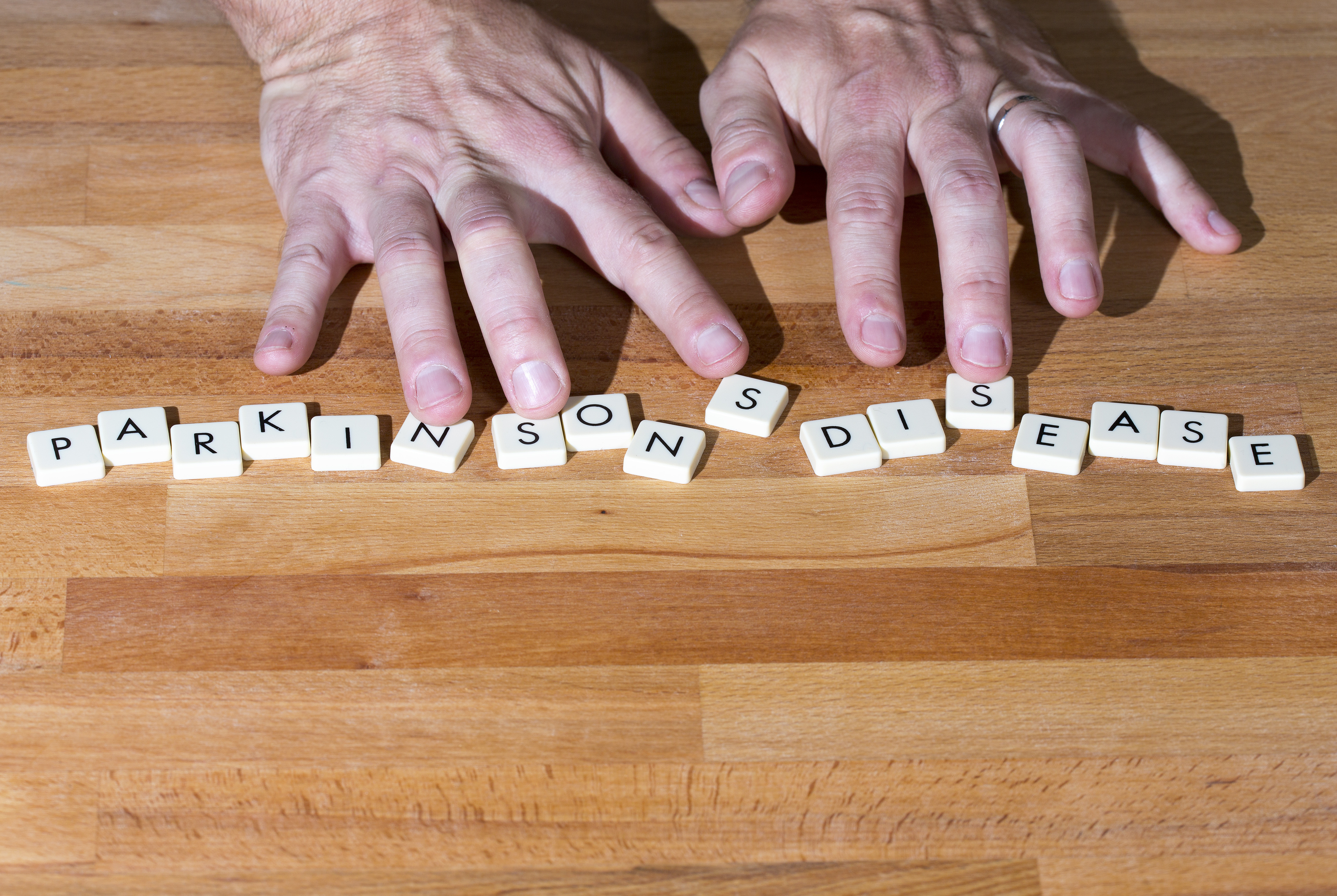03 Feb 2026
Rhinoplasty Revision Surgery in Mohali: Cost When Your First Nose Job Fails


22 Jun 2025
Call +91 80788 80788 to request an appointment.
Drug-Induced Parkinsonism (DIP) is a condition characterized by the development of Parkinsonian symptoms due to the use of certain medications. While Parkinson's Disease (PD) itself is a progressive neurodegenerative disorder that primarily affects movement, DIP is often reversible and can occur as a side effect of specific drugs. The importance of understanding DIP lies in its complexity and the implications it can have for effective treatment and patient management.
At Livasa Mohali, we specialize in addressing this condition, offering expert care that distinguishes DIP from other forms of Parkinsonism. With the right diagnosis and treatment, we can help patients improve their quality of life and regain control over their symptoms. It's crucial to work closely with healthcare providers to identify potential drug causes and assess appropriate treatment options.
Drug-Induced Parkinsonism is primarily caused by neuroleptic medications, which are used to treat mental health conditions such as schizophrenia and bipolar disorder. In addition to neuroleptics, several other classes of medications can lead to this condition, including certain antiemetics (used to treat nausea) and some antihistamines. The underlying mechanism generally involves an imbalance in the dopamine pathways of the brain, leading to symptoms similar to those found in classic Parkinson's Disease.
Other potential contributing factors include the dosage and duration of drug therapy, individual patient genetic predispositions, and pre-existing neurological conditions. Understanding the specific medications implicated can help guide treatment decisions and preventive strategies for patients experiencing drug-induced symptoms.
The symptoms of Drug-Induced Parkinsonism can closely mirror those of Parkinson's Disease, which can sometimes lead to diagnostic confusion. Patients may experience a variety of motor symptoms including:
Non-motor symptoms may also occur, including cognitive changes, mood disorders, and sleep disturbances. Understanding these symptoms in the context of medication history is critical for proper diagnosis and treatment.
Diagnosing Drug-Induced Parkinsonism involves a thorough clinical evaluation that includes patient history, medication review, and neurological examination. At Livasa Mohali, our expert neurologists specialize in accurately diagnosing Parkinsonism types.
Key elements in the diagnostic process include:
With a comprehensive approach to diagnosis, our team can design tailored treatment plans to address the root cause of symptoms.
Treatment for Drug-Induced Parkinsonism primarily involves the discontinuation or adjustment of the offending medication. In many cases, symptoms may improve within weeks after stopping the drug. However, in instances where alterations in medication are not possible, other approaches can be considered:
Treatment plans at Livasa Mohali are tailored to the individual's unique circumstances, with regular follow-ups to monitor progress and adjust as necessary.
Preventing Drug-Induced Parkinsonism revolves around awareness and vigilance in medication management. Key preventive strategies involve:
Preventive strategies play a vital role in enhancing patient outcomes and preserving quality of life.
Living with Drug-Induced Parkinsonism can pose unique challenges, but there are numerous strategies and resources available to assist patients in managing their condition. Support from healthcare providers is essential, and various therapies, including occupational therapy, can offer strategies for managing daily tasks more effectively.
Finding a support group or participating in community activities can enhance social connections and emotional well-being. Family members also play a crucial role in providing support and understanding the challenges that accompany the condition.
If you or someone you know is experiencing symptoms of Drug-Induced Parkinsonism, it is essential to seek expert care. At Livasa Mohali, our neurologists are recognized as some of the best neurologists in Mohali for parkinsonism. We prioritize a multidisciplinary approach to ensure comprehensive management of the condition.
Early intervention and tailored treatment plans can make a significant difference in the outcomes for patients. Don’t hesitate to reach out for support; you can book an appointment or contact us at +91 80788 80788 to discuss your concerns with our specialists.
Understanding Drug-Induced Parkinsonism is vital for both patients and healthcare providers. Knowledge of its symptoms, causes, and treatment options can empower patients to address their concerns proactively. While drug-induced symptoms can be troubling, they are often reversible with proper management.
The team at Livasa Mohali is dedicated to providing expert care and support for those affected by this condition. With careful monitoring, the right treatment, and lifestyle adjustments, patients can achieve a better quality of life.
If you suspect that you or a loved one may be experiencing Drug-Induced Parkinsonism, don’t delay. Contact us at Livasa Mohali or call us at +91 80788 80788. Our specialists are here to help you navigate your treatment journey.
Rhinoplasty Revision Surgery in Mohali: Cost When Your First Nose Job Fails
Plastic Surgery After Massive Weight Loss: Body Contouring Packages in Mohali
ENT + Cosmetic in Mohali: Septoplasty for Breathing with Cosmetic Rhinoplasty Offers
Livasa Healthcare Group Corporate Office,Phase-8, Industrial Area, Sector 73, Sahibzada Ajit Singh Nagar, Punjab 160071
| Mohali | +91-99888 23456 |
| Amritsar | +91-99887 49494 |
| Hoshiarpur | +91-99883 35353 |
| Nawanshahr | +91-75081 82337 |
| Khanna | +91-98888 05394 |